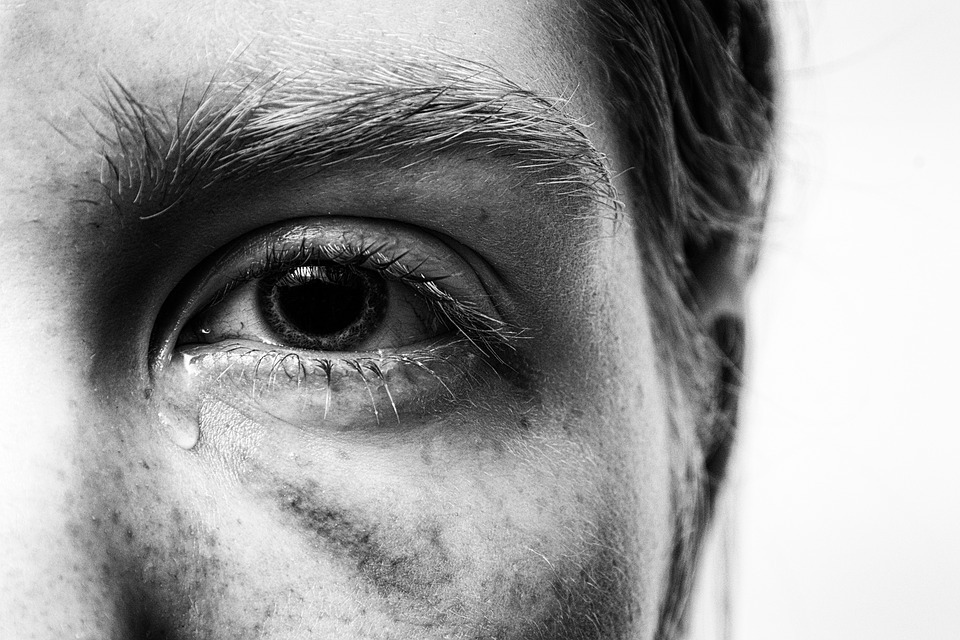If you or a close family member or friend is suffering from the effects of trauma, you may feel lost and ill-equipped to cope. What is trauma in the first place? When and how should you seek help? Here are some answers to frequently asked questions and more below.
What is trauma?
Trauma refers to a deeply distressing event, such as rape or a car accident, and to the effects that follow. Trauma often results in the person feeling emotionally overwhelmed and unable to cope with everyday life. He or she may feel depressed, anxious, and helpless, and may exhibit signs of post-traumatic stress.
What are the signs and symptoms of trauma?
There are likely to be emotional and physical symptoms of trauma. From a psychological perspective, the individual may struggle to control their anger, leading to violent outbursts seemingly out of nowhere. Some individuals may feel immense shame and start blaming themselves for the event taking place. Others may begin to withdraw socially, often even from their own relatives, and there will be some who experience panic attacks, too.
From a physical perspective, people trying to cope with trauma may feel dizzy and faint intermittently throughout the day. They may start to tremble, shake, or experience rapid breathing and racing thoughts. All of these symptoms usually go hand-in-hand with the panic attacks, as mentioned above.
It is also possible for the person to have trouble sleeping – either falling asleep (insomnia) or staying asleep for long periods. They could also experience a decline or an increase in their appetite and resultant weight loss or weight gain.
It is crucial to point out that the symptoms of trauma and traumatic stress will differ vastly from person to person. A personal injury attorney can give you a better idea of whether your trauma is a case for pursuing financial compensation.
How to deal with trauma
In the majority of cases, when someone is suffering from the effects of trauma, he or she should seek help from a professional. This might be in the form of a counselor or a psychologist, or by joining a support group. There are also several incredible treatment centers out there, some of which are tailored to provide help in dealing with specific types of trauma, or in offering support to specific demographics. For example, igniteteentreatment.com is a teen treatment center focused on assisting teenagers with all sorts of mental health issues and addictions.
When is it time to seek professional support?
It is best not to wait for the person to start showing symptoms of trauma before seeking help. Often, it can prove immensely beneficial to enlist professional help immediately after the traumatic event has taken place, or it comes to light that the person has been affected. Immediate treatment is especially important for children and teenagers affected by trauma.
Ultimately, trauma can have devastating and long-lasting effects on a person’s psyche. However, it is possible to learn productive coping mechanisms that can aid in them overcoming the impact of the event. The key is seeking help and committing to finding that light at the end of the tunnel!

